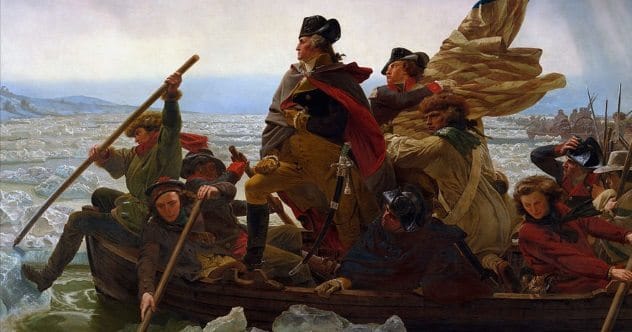History, they say, is penned by victors. But what transpires when even allies can’t concur on the narrative? Over the centuries, our world has been molded by conflicts, treaties, and events that have left a mark on involved nations. While it’s anticipated that adversaries might interpret events distinctively, it’s astounding how many friendly nations possess differing viewpoints on shared historical moments.
The British Barely Remember The Revolutionary War
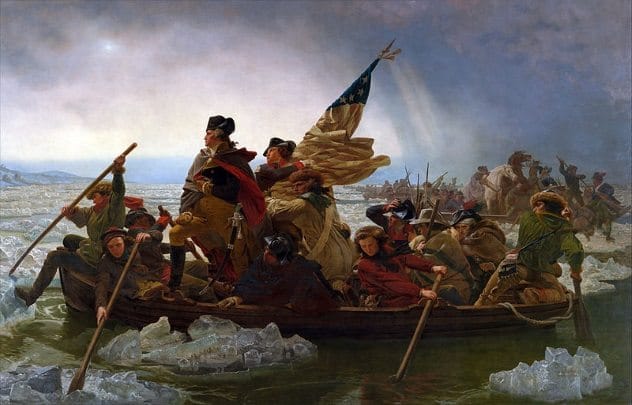
In American schools, the Revolutionary War is a cornerstone of education. This 18th-century clash between the nascent USA and the British Empire is the bedrock of American identity. King George III is seen as a major antagonist, and independence is the triumphant climax. But while the British have transitioned from foes to allies, surely they acknowledge its monumental significance?
In reality, the British barely recall it. Despite losing a significant colony, this event didn’t greatly hinder Britain. The Empire expanded, and the Industrial Revolution progressed. Consequently, history classes often gloss over it, framing it as a prelude to the French Revolution, a more proximate event with wider European impact.
Both Canadians And Americans Think They Kicked Butt In 1812
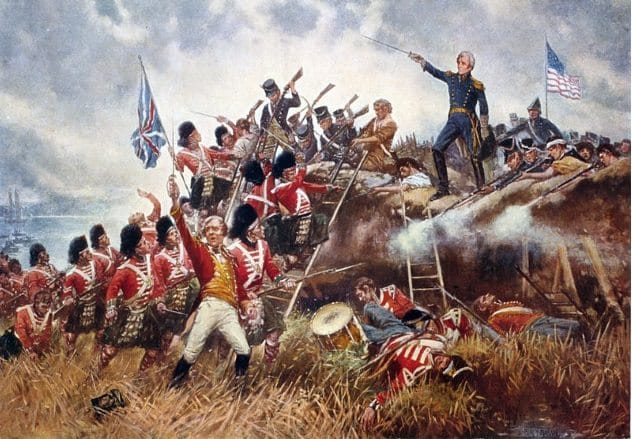
The US and Canada share a sibling-like dynamic. However, in 1812, they clashed in a war that was largely indecisive. Yet, this draw has become a foundational narrative for both.
Both nations commemorate the War of 1812 as a moment of triumph. Americans recall the resilience of the Star-Spangled Banner amidst bombardment, viewing the war as a declaration of the US as a formidable nation. Canadians, conversely, see it as successfully repelling an American invasion.
The British, who governed Canada then and aided in burning the White House, also barely recall it. They were preoccupied with Napoleon. Speaking of whom…
The British Think They Defeated Napoleon; The Russians Beg To Differ
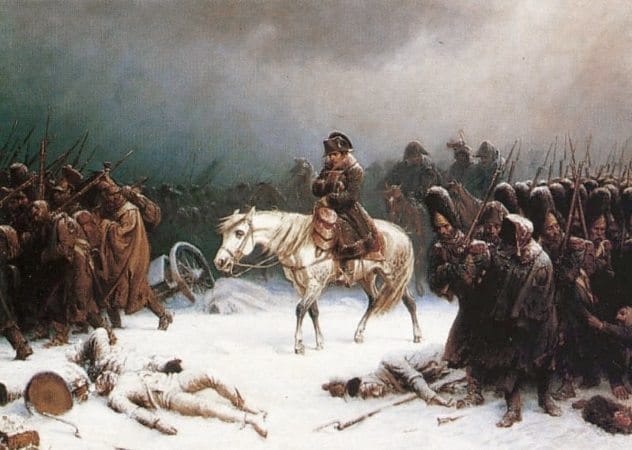
Although the UK and Russia aren’t necessarily close, they aren’t enemies either. However, their historical accounts of Napoleon differ. Depending on your education, Napoleon’s defeat is attributed either to Wellington’s brilliance or Russian sacrifice.
Before Waterloo in 1815, Napoleon was defeated at Leipzig in 1813, primarily due to his overconfidence and Russia’s efforts. His Grande Armee dwindled drastically during the Russian campaign due to the harsh winter and relentless soldiers. This pressure led to his 1813 defeat and exile. While the British emphasize Waterloo, the Russians view it as a sequel to their initial victory.
The Americans Think They Defeated The Japanese; The Russians Beg To Differ
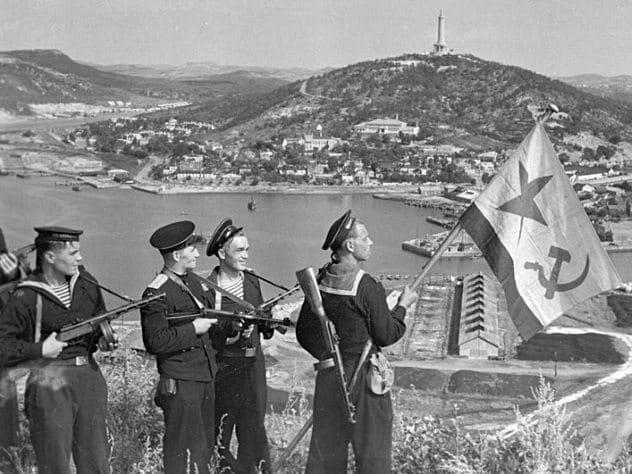
While debate exists over who defeated Nazi Germany, the Allied victory over Imperial Japan seems straightforward. The US bombings of Hiroshima and Nagasaki led to Japan’s surrender. Surely, this was an American triumph?
Another perspective suggests that Soviet intervention was pivotal. Stalin declared war on Japan on August 8, 1945. By August 9, Soviet troops overwhelmed Japanese forces in Manchuria and invaded Sakhalin Island, poised to invade mainland Japan. This prompted Japan’s surrender. Though not emphasized in Russian schools, this viewpoint is prevalent among Russophiles.
Both The British And The Germans Claimed Victory At Dunkirk
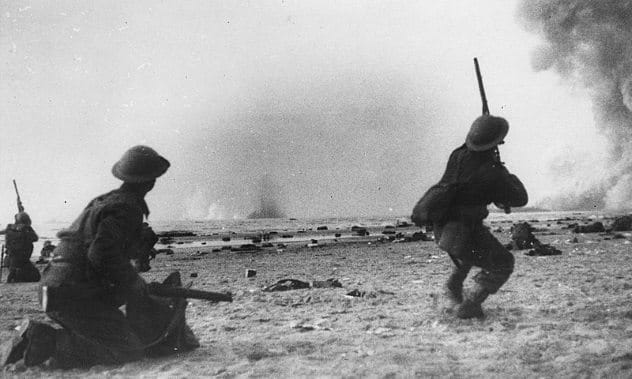
The evacuation of Dunkirk, a crucial moment in World War II, is viewed by the British as a victory snatched from defeat. Churchill anticipated rescuing only 30,000 soldiers, but 330,000 were saved. Despite casualties, this event marked a turning point against Germany.
Remarkably, both the Allies and Axis powers claimed Dunkirk as a historic victory. Hitler hailed it as “the greatest German victory ever,” while The New York Times proclaimed, “It [Dunkirk] is victory.” This wasn’t mere propaganda; both sides genuinely believed it was their triumph. While the German perspective has faded, the conflicting interpretations remain intriguing.
The Vietnamese Don’t See The Vietnam War As Especially Significant

America’s involvement in Vietnam was catastrophic, resulting in significant casualties and igniting a cultural revolution in the US. It continues to cast a long shadow, even with improved relations and the rise of the Iraq War.
However, the Vietnamese view it differently. The American War, as it’s known in Hanoi, was devastating but just one in a series of 20th-century conflicts. Vietnam endured invasions by Japan, battles with France, and conflicts with Cambodia and China. Amid this turmoil, the “Vietnam War” was just another chapter in a long history of conflict.
Additionally, younger Vietnamese generations often show disinterest in the war.
Germans Don’t Care About The 1966 World Cup
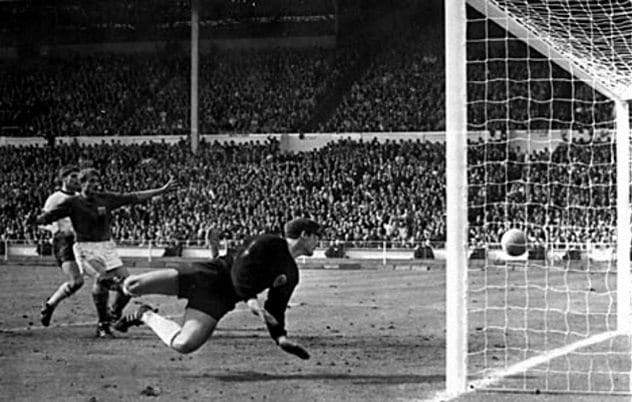
Shifting from wars, consider Britain and Germany’s soccer rivalry at the 1966 World Cup. England’s 4–2 victory over West Germany is legendary in Britain. It’s a recurring theme on British TV, with a 1996 song about it frequently charting during tournaments. It’s deeply ingrained in the national psyche.
Germans, however, barely recall it. While the British celebrate defeating their rivals, Germans don’t perceive a rivalry. They traditionally view the Dutch as rivals and consider the English almost friendly. The 1966 final pales in comparison to West Germany’s 1954 World Cup win, a defining moment in overcoming the shadow of Nazism.
Britain Sees Exiting India As A Success; India Sees It As A Prelude To Catastrophe
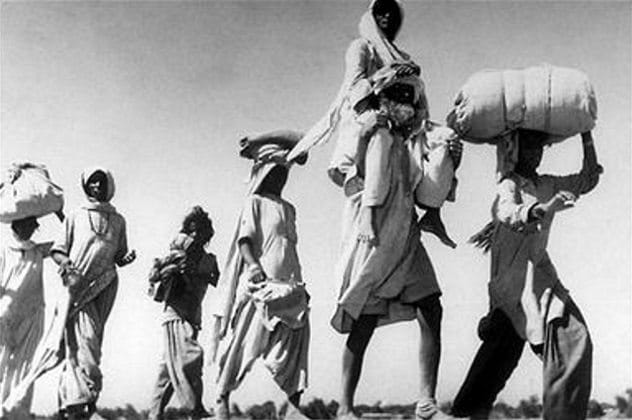
When European powers relinquished their colonies, they faced a choice: peaceful departure or violent conflict. The British generally chose the former. The decolonization of India is seen as a British success, with minimal casualties.
However, in India and Pakistan, Britain’s exit is blamed for the horrors of Partition. The hasty drawing of borders separating Hindu India from Muslim Pakistan, published after independence, is seen as fueling sectarian violence. Partition resulted in the displacement of 15 million and the deaths of up to two million. Even those who don’t blame Britain struggle to separate the Empire’s exit from the shadow of Partition.
Turkey’s Take On The Armenian Genocide Is Very Different From Its Allies’
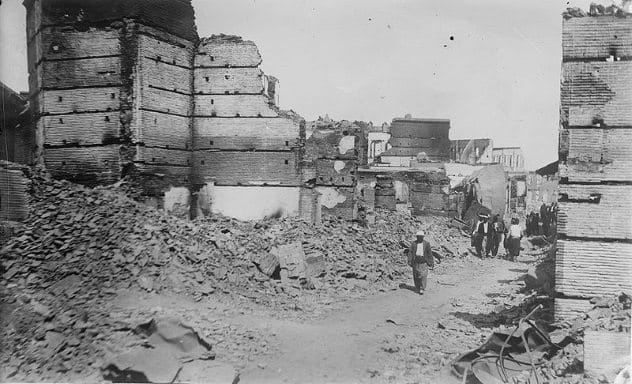
In 1915, the Ottoman Empire launched an extermination campaign, systematically killing 1.5 million Armenians.
While historians recognize this as the Armenian Genocide, modern Turkey holds a different view. Turks acknowledge the large-scale slaughter but argue that it wasn’t worse than what they were experiencing. Between 1864 and 1922, 4.5 million Ottoman Muslims were killed, with more dying as Russia conquered their territories. The campaign against Armenians is seen as a shameful act within a broader context of widespread atrocities during wartime.
Britain And France Think They Took A Principled Stand For Poland; Poland Thinks They Betrayed Them
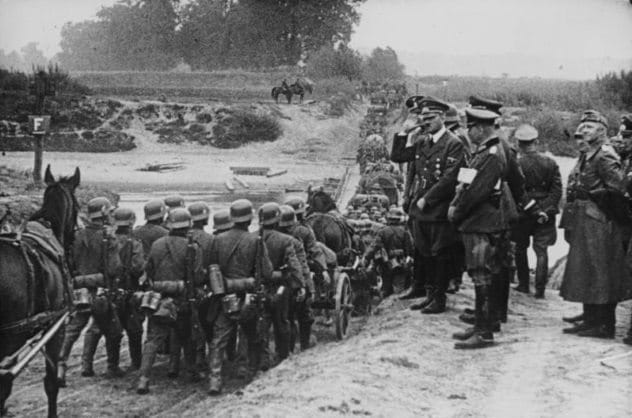
On September 3, 1939, France and Britain declared war on Germany following the invasion of Poland. This was seen as a firm stance against Hitler. Brits and French likely assume Poland was grateful for their support.
However, many in Poland believe they were betrayed. Rather than principled allies, France and Britain are viewed as fair-weather friends who offered little material support or military action to prevent Poland’s conquest and the deaths of over 65,000 Poles. While not the only viewpoint, it underscores the challenges of interpreting history, even among allies.
These differing perspectives illustrate how historical events are viewed through various lenses, shaped by national identity, experiences, and narratives. What seems clear-cut in one country can be a source of contention or indifference in another. Understanding these nuances enriches our comprehension of history and fosters greater empathy between nations.
What are your thoughts on these differing historical viewpoints? Leave your comment below!


